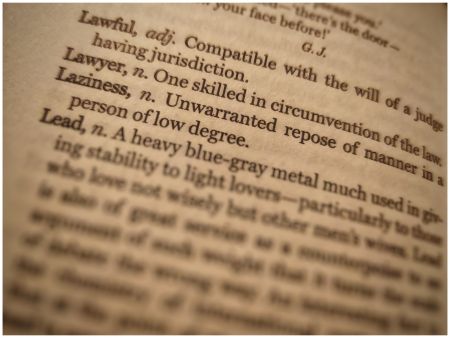Platonic form: Difference between revisions
Jump to navigation
Jump to search
Amwelladmin (talk | contribs) No edit summary |
Amwelladmin (talk | contribs) No edit summary |
||
| Line 1: | Line 1: | ||
{{def|Platonic form|/pləˈtɒnɪk fɔːm/|n|}}An ideal. From Plato’s Republic. An idealised version of a thing, that exists only in | {{def|Platonic form|/pləˈtɒnɪk fɔːm/|n|}}An ideal. From Plato’s Republic. An idealised version of a thing, that exists only in intellectual strata reserved for philosophy graduates, of something that the rest of us find grubby, ungainly and ultimately disappointing when we encounter it in the real world. Hence, [[Plato’s cave]]. The human dilemma is that ''experience'' never quite meets ''expectation'', but as memories fade, will asymptotically approach it again. Hence, people these days seem to find the idea of the forms as quite a good one, however disappointing it must have been at the time. They were right the first time. | ||
{{sa}} | {{sa}} | ||
*[[Plato’s cave]] | *[[Plato’s cave]] | ||
*[[Target operating model]] | *[[Target operating model]] | ||
Latest revision as of 17:20, 13 December 2020
|
Platonic form /pləˈtɒnɪk fɔːm/ (n.)
An ideal. From Plato’s Republic. An idealised version of a thing, that exists only in intellectual strata reserved for philosophy graduates, of something that the rest of us find grubby, ungainly and ultimately disappointing when we encounter it in the real world. Hence, Plato’s cave. The human dilemma is that experience never quite meets expectation, but as memories fade, will asymptotically approach it again. Hence, people these days seem to find the idea of the forms as quite a good one, however disappointing it must have been at the time. They were right the first time.
